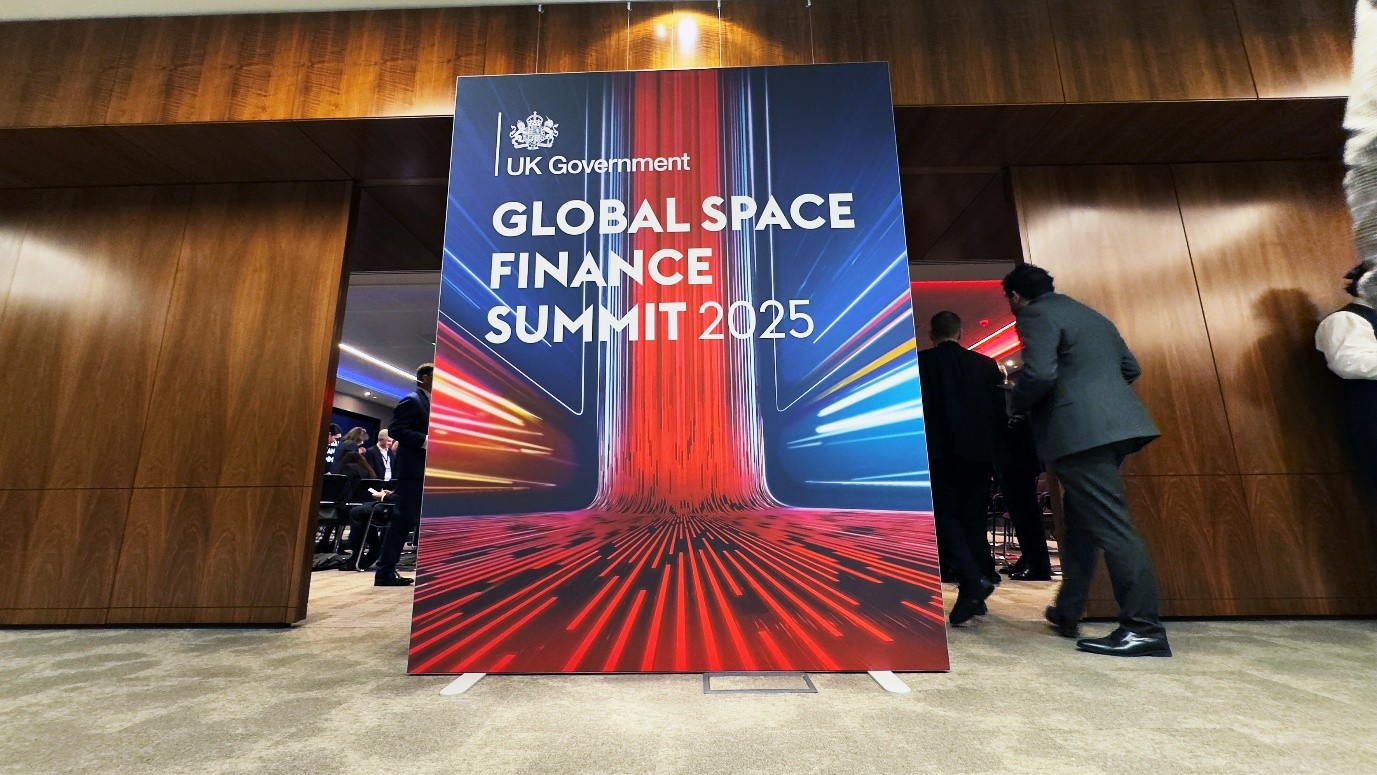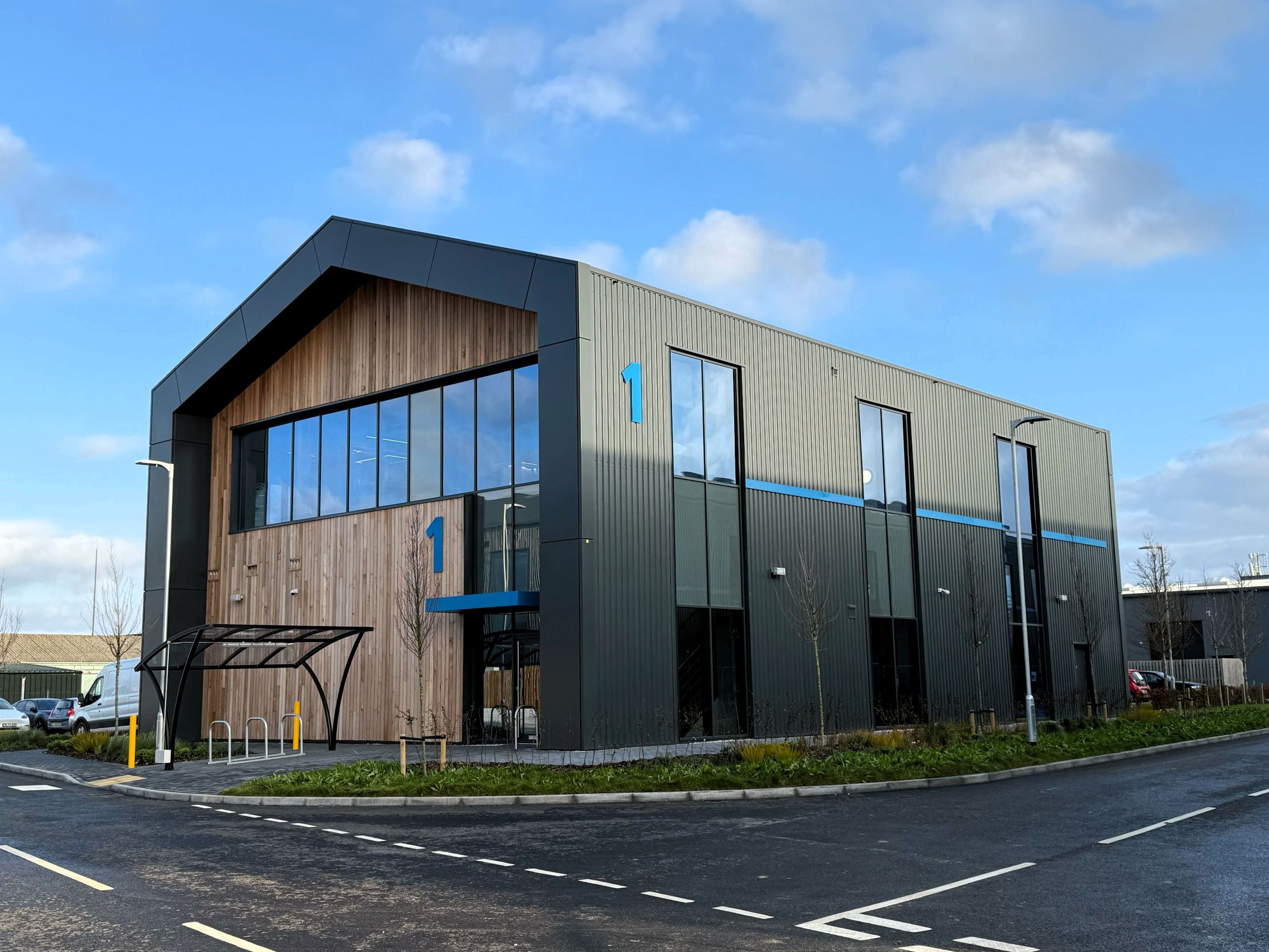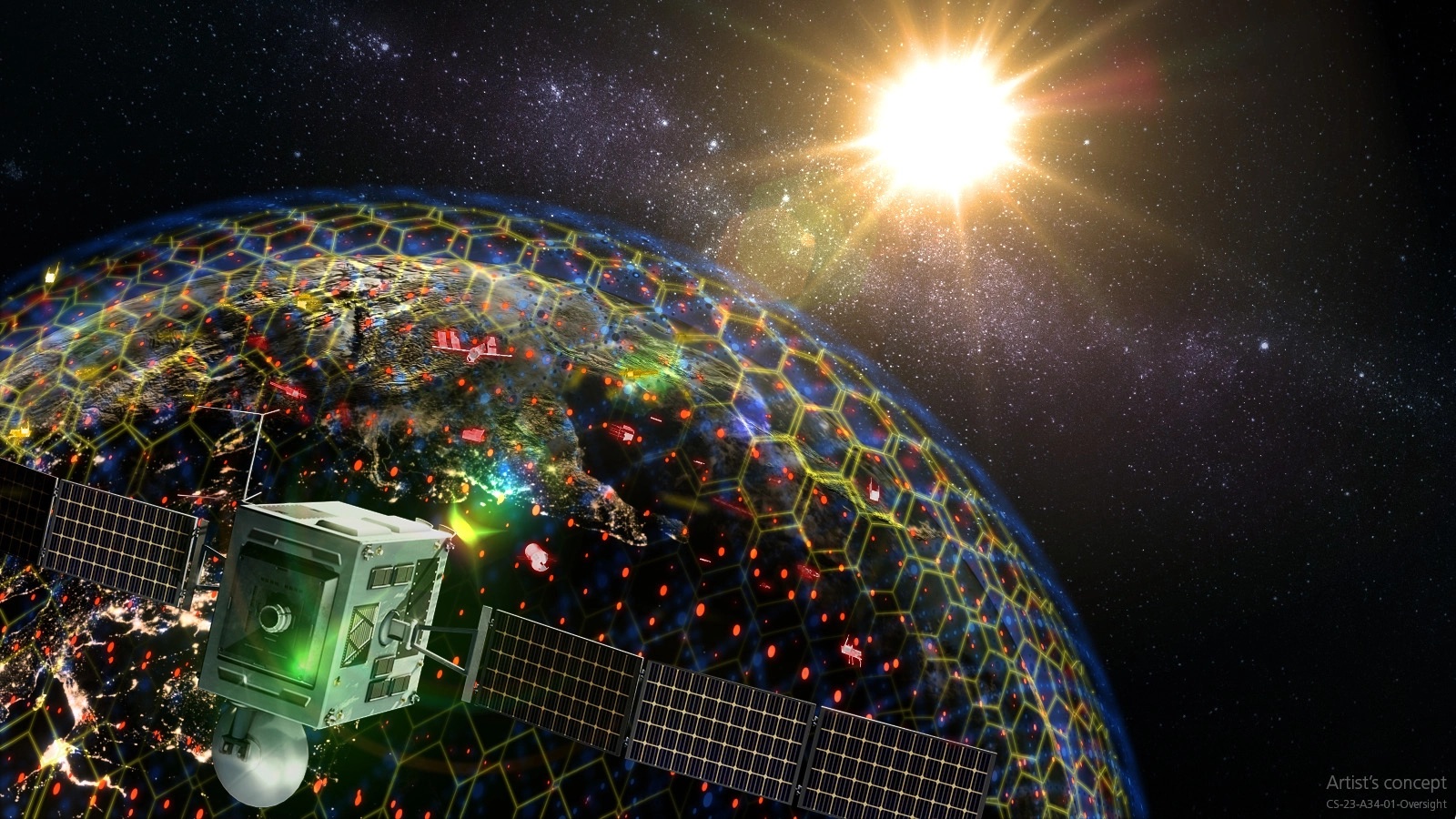ISS National Lab wraps up banner year supporting R&D

Above:
Orbital nighttime can be seen through the International Space Station's 'window to the world', nearly 270 miles above the Indian Ocean (29th October 2023).
Image credit: NASA / © All rights reserved
The ISS National Lab and NASA work in unison to utilise the orbiting outpost to its fullest capacity, and the achievements from this year demonstrate the increasing demand for access to space for R&D among researchers from diverse fields.
The following highlights some of the many exciting ISS National Lab activities and successes from this past year:
Record number of payloads flown
In fiscal year 2023, more than 110 ISS National Lab-sponsored payloads were delivered to the orbiting laboratory—the most ever in a single year. These include physical and life sciences experiments, technology demonstrations, investigations to advance in-orbit production applications and even student-led projects—all aimed at benefiting humanity and establishing a robust LEO economy. Large commercial companies, innovative startups, leading academic and research institutions and US government agencies are all leveraging the ISS National Lab to advance their research goals and objectives. This diversity showcases the growing interest from a myriad of sectors and industries that see the value in conducting space-based R&D.
Diverse R&D
A wide range of research and technology development was conducted through the ISS National Lab this year. The first human meniscus (knee cartilage) was successfully bioprinted in orbit using the upgraded BioFabrication Facility, opening the door to improved treatments for a torn meniscus, one of the most common orthopedic injuries. Additionally, major pharmaceutical companies like Bristol Myers Squibb and Eli Lilly & Company continued R&D on the orbiting laboratory to improve drug discovery and development for patients on Earth. Multiple projects leveraged external facilities on station to put materials and components to the ultimate durability test by exposing them to extreme temperature variations, ultrahigh vacuum, atomic oxygen, and high-energy radiation. Students also had the opportunity to design and conduct research on the space station. As a high school student, Pristine Onuoha launched an investigation through the Genes in Space programme, an annual student research competition founded by Boeing and miniPCR bio. Her project tested a new method for measuring DNA length in space, providing a valuable new capability for a wide range of research that could help improve our understanding of aging, cancer development and how the body heals itself.
Supporting innovative startups
Over the years, the ISS National Lab has supported dozens of startup companies that leverage the orbiting laboratory to advance their R&D objectives. This year, multiple startups launched investigations to station. For example, LambdaVision continued research to produce an artificial retina to restore vision in those blinded by degenerative eye disease. Axonis advanced neurological disease modeling that could lead to new treatments for Alzheimer’s and Parkinson’s disease. MakerHealth optimised a modular biochemical manufacturing platform that could significantly reduce the cost of drug manufacturing. Also, RevBio continued research to advance its proprietary, patented bone adhesive that helps bones heal faster. Conducting R&D through the ISS National Lab also leads to successful capital raising and this year, the total funding raised postflight by startups completing flight projects was more than $230 million.
More astronauts equals more R&D
Through NASA’s Commercial Crew Program (CCP), multiple missions brought astronauts to the space station during 2023. With additional astronauts on station this year, more time was allocated to support critical R&D. Axiom Space also continued to push boundaries with its second private astronaut mission, which carried both astronauts and ISS National Lab-sponsored research to the orbiting laboratory.
New research facilities
To continue expanding the research capabilities available to investigators, the ISS National Lab works with Commercial Service Providers that own and operate more than two dozen commercial facilities on station. This year, BioServe Space Technologies validated a new facility, the BioServe Centrifuge, that can be used to separate substances of different densities—an important capability for many research areas.
Recently, Redwire Corporation launched its new Pharmaceutical In-space Laboratory that allows researchers to crystallise small organic molecules in microgravity. Redwire is partnering with Eli Lilly & Company to test the facility through a series of experiments aimed at improving the drug discovery and development process. Once validated, the facility will provide valuable capabilities for pharmaceutical companies and researchers to grow crystals for protein-based pharmaceuticals.
Research announcements open door for future investigators
The ISS National Lab put forth a variety of research announcements within the areas of technology development, in-space production applications in biomanufacturing and advanced materials, and education and workforce development. The US National Science Foundation (NSF) also continued to fund annual solicitations to support fundamental science in tissue engineering and the physical sciences area of transport phenomena. Additionally, the ISS National Lab and NASA are collaborating in a first-of-its-kind solicitation, Igniting Innovation: Science in Space to Cure Disease on Earth, focused on space-based research to address the goals of the US President’s Cancer Moonshot initiative. Through these respective funding opportunities, multiple projects fly to station each year, paving the way for discoveries that benefit humanity.
Compelling science advances knowledge
The ISS National Lab enables groundbreaking R&D not possible on Earth, advancing knowledge and laying the foundation for future applications to build on. This year, nearly 40 peer-reviewed publications related to ISS National Lab-sponsored research were published. Many ISS National Lab research successes have been highlighted in Upward, official magazine of the ISS National Lab, which serves to communicate valuable results to the scientific community.
Engaging the public
The 12th annual ISS Research and Development Conference (ISSRDC) took place this year in Seattle, bringing together nearly 900 attendees and serving as the showcase event for all things space station and the growing LEO economy. Along with this conference, the ISS National Lab and NASA partnered on a variety of events to educate and engage the research community and general public. From conferences like ASCEND, the Consumer Electronics Show (CES), the Space Economy Summit, the International Society for Stem Cell Research (ISSCR) annual conference and the 38th Space Symposium to a variety of education and outreach events to inspire the next generation.
The International Space Station (ISS) is a one-of-a-kind laboratory that enables research and technology development not possible on Earth. As a public service enterprise, the ISS National Laboratory allows researchers to leverage this multiuser facility to improve quality of life on Earth, mature space-based business models, advance science literacy in the future workforce and expand a sustainable and scalable market in low Earth orbit. Through this orbiting national laboratory, research resources on the ISS are available to support non-NASA science, technology and education initiatives from US government agencies, academic institutions and the private sector.
The Center for the Advancement of Science in Space (CASIS) manages the ISS National Lab, under Cooperative Agreement with NASA, facilitating access to its permanent microgravity research environment, a powerful vantage point in low Earth orbit, and the extreme and varied conditions of space.
To learn more about the ISS National Lab, as well as how to join the ISS National Lab research community (under Current Opportunities), visit: www.issnationallab.org
As a 501(c)(3) nonprofit organisation, CASIS accepts corporate and individual donations to help advance science in space for the benefit of humanity. For more information, visit its donations page: www.issnationallab.org/connect/make-a-donation












